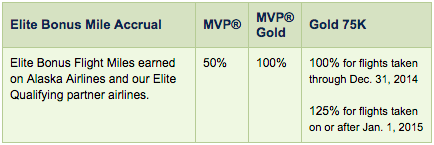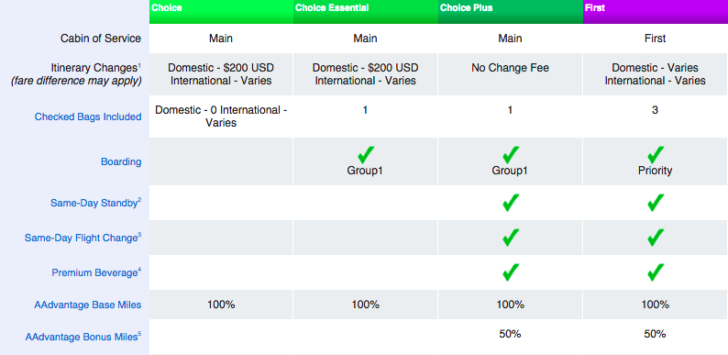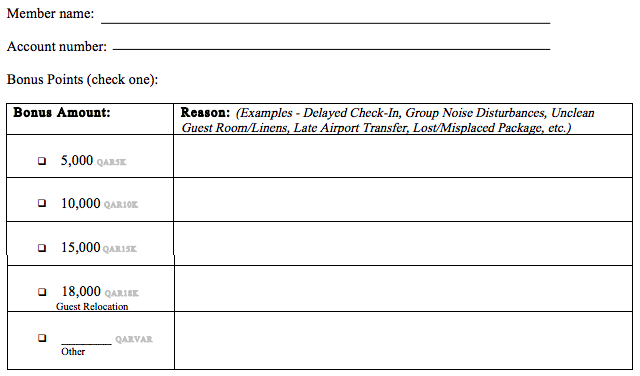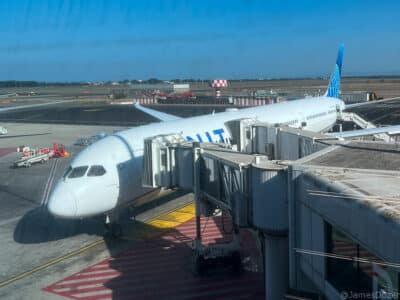When I meet a group of readers I am often asked how I earn most of my miles. My answer is that I buy tickets and fly — I just try to do it cheaply. Others prefer credit card bonuses, which I also take advantage of. But there are other tips that may be less obvious. I’m not talking about shopping portals that give you an extra two miles per dollar. I’m interested in opportunities that mean the difference between flying alone or bringing my wife. (Just kidding… I always bring my wife. 😀 But more miles means we get to fly together more often.)
Here are four strategies I use to some extent that have earned me thousands or even tens of thousands of extra miles.
Focus on a Few Good Programs
Elite status often comes with bonus rates of 25% to 125% more miles than you would earn as a general member. This requires sacrificing the chase for the lowest fare or the cheapest room. You will probably pay more from time to time. How much depends on where you live and where you want to go. Even living in a hub city, you could pay less if you fly on another airline that requires you to make an inconvenient connection. And many hotels offer elite status along with their credit card. (Worried about an annual fee? It’s usually accompanied by a free night each year.)

Earning miles in just one or two programs isn’t only helpful for getting bonus miles and points. It also means you’ll have more miles in one place, which means you can redeem them for bigger, more valuable rewards.
Pay More
If you can pay more, premium rates and fares also earn more. Some airlines offer 100-200% more miles for business or first class fares in addition to whatever bonuses you get as an elite member. Hotels sometimes have published rates that come with bonus points.

In either case you are effectively buying miles and points. However, the price might be worth it, especially if it comes with a more comfortable experience and avoids the uncertainty of an upgrade standby list. If you’re lucky enough to be able to afford premium fares on a regular basis, don’t let that lead to complacency. Everyone likes saving money with miles and points. You’ll just earn them faster.
Book Travel for Others
One of the best ways to earn lots of miles and points without much effort is to book travel for others. This is great if you’re the family travel guru or if you book travel for others at the office. Use your rewards card to earn double or triple miles on their tickets, and use a booking site like PointsHound or Rocketmiles to earn thousands of extra miles on hotel stays. Some programs, like Starwood, will even let you claim stay credit and points for up to three rooms on the same reservation (but you have to be in one of them).

Friends and family might balk: Why should they let you earn miles on your credit card when they could use their own? First, they may not have a good credit card to choose from since many have annual fees. Second, as a frequent traveler you may have an established base of miles that makes additional miles more valuable. (How many save up enough for business class to Europe vs. cash out early for a domestic award in coach?) Offer to book their next award using your own account. If you have elite status, you may also be able to offer them more flexible change policies and fewer fees.
Good Will Gestures
One potentially lucrative source of miles is filing a complaint. I don’t like to do this often, and in fact I can count on one hand the number of formal complaints I’ve written. But in the few times I’ve done this it has had good results. A delayed flight that required an overnight in Dallas (with extenuating circumstances) netted 10,000 miles each for my wife and me. For a late check-in and dirty linens I got 8,000 points. Some hotels even have automatic bonuses if your stay doesn’t credit properly, so check those account statements!
Three factors will determine your success: who you are, what happened, and what you want. You don’t have much control over the first — meaning your elite status or value as a customer — but I’ve seen lots of people make simple mistakes when it comes to the other two.

Always be reasonable in your complaints and avoid irrelevant details. Explain what your expectations were and how the company fell short. Airlines and hotels prefer the term “good will gesture” rather than “compensation” because their goal isn’t to assign blame but to make you a satisfied customer who will return and provide more business. It’s also important to suggest compensation. Compared to a free trip or cash, the value of miles and points is relatively little to the loyalty program that issues them. Letting the program know what you want is the surest way to a satisfactory resolution.




